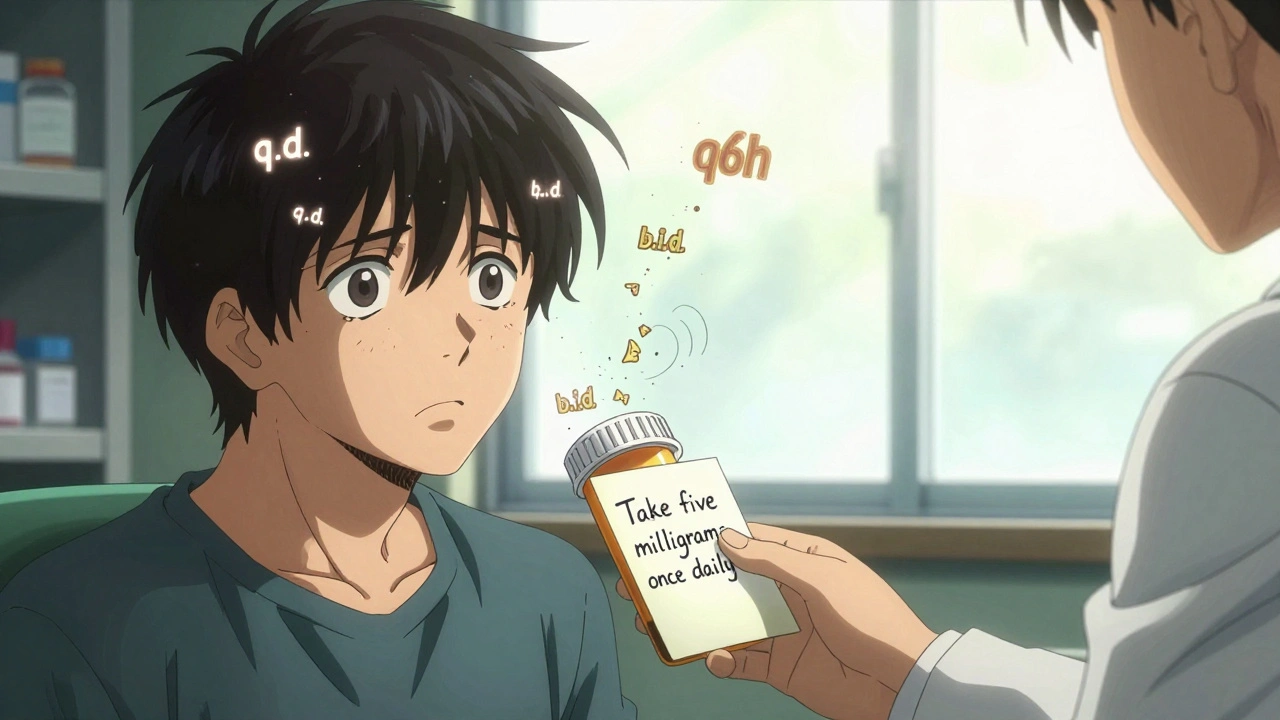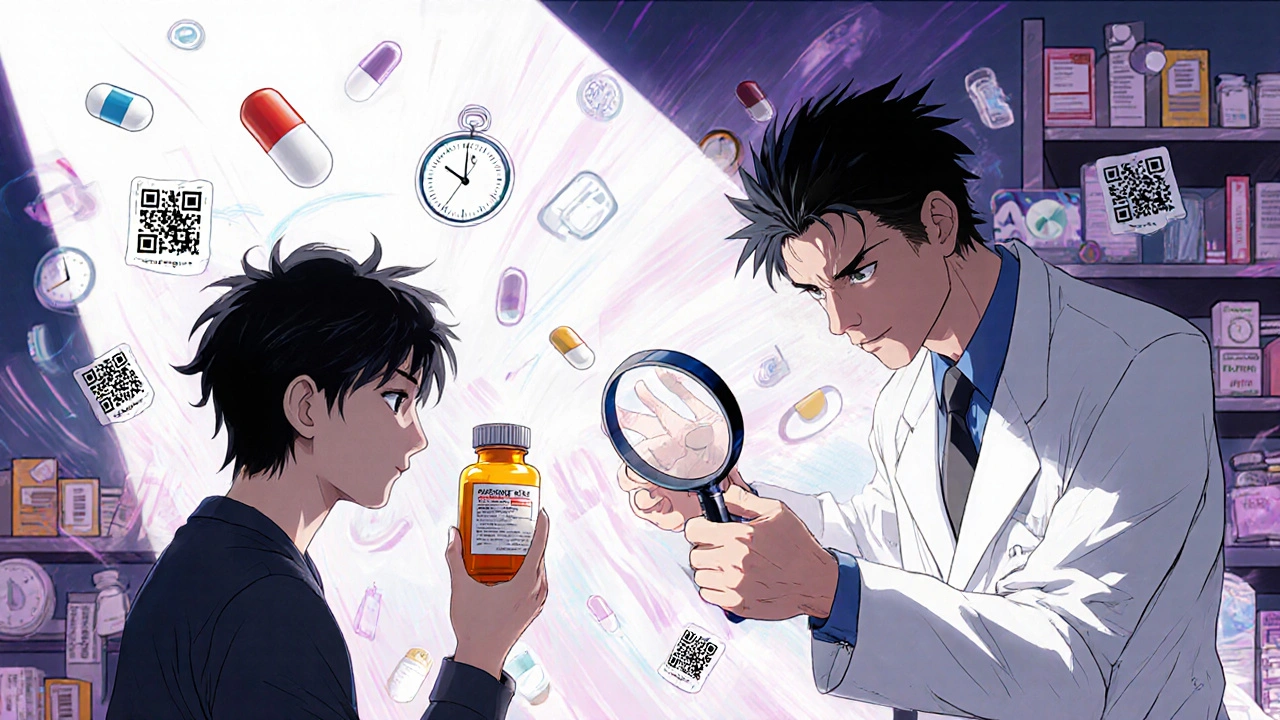Medication safety — simple steps to keep you and your meds safe
One wrong pill, wrong dose, or bad online pharmacy can cause real harm. This page brings together clear, practical advice and curated RXConnected articles that help you use medicines safely, whether it’s an inhaler, blood thinner, antibiotic, or a supplement.
Start with the label. Always follow the dose, timing, and special instructions on the package or your prescription. If the label says take with food, don’t take it on an empty stomach. If it warns against alcohol, take that seriously—mixing can be dangerous.
Quick safety rules you can use today
Keep a current medication list: drug names, doses, how often you take them, and why. Carry it to every appointment and share it with every pharmacist you use. That list helps catch interactions and duplicate therapies.
Check for interactions before adding anything new. Over-the-counter pain meds, herbal supplements, and some antidepressants change how other drugs work. Use RXConnected’s interaction tools or ask a pharmacist—don’t guess.
Store meds properly: dry, cool, and away from kids and pets. Throw away expired drugs. For controlled substances, lock them up. Proper storage keeps potency stable and prevents accidents.
Watch for side effects and act fast. If a new symptom starts after a dose—rashes, trouble breathing, fainting, or sudden severe pain—stop the medicine and get help. For less urgent side effects, call your prescriber or pharmacist and ask if you should continue.
Buying meds online — what to check right now
Not all online pharmacies are safe. Look for clear contact info, a US pharmacy license if you’re in the US, and a requirement for a prescription for prescription drugs. RXConnected reviews and guides—like pieces on buying Avana or reviews of online shops—help spot red flags.
Cross-border purchases need care. Customs, FDA rules, and shipping delays can block or delay meds. Read our guide on cross-border drug purchasing to understand legal risks and how to avoid scams.
When comparing prices, don’t sacrifice safety for a cheaper site. A low price with no prescription requirement, sloppy packaging, or vague return policies is a warning sign. Prefer verified pharmacies and check customer reviews and returns policy.
This tag page links to detailed guides—Ventolin inhaler tips, Plavix safety, antibiotic alternatives, and supplements like rose geranium oil—so you can read the exact safety advice for your specific medicine. Use the search or filters on RXConnected to find what matters to you.
Have questions about a specific drug or a site you found online? Reach out via the Contact page. A quick pharmacist check or a second opinion can save a lot of trouble down the road.
How to Get Clear Medication Instructions When You're Confused

Confusing medication instructions can lead to dangerous mistakes. Learn how to decode unclear labels, ask the right questions, and get clear dosing advice from your pharmacist or doctor to stay safe.
Questions to Ask About Your Prescription Label at the Pharmacy

Learn the essential questions to ask when picking up a prescription to avoid dangerous medication errors. From dosage and storage to side effects and refills, knowing what to check can save your life.
How to Use Your Pharmacy’s Consultation Service for Medication Safety

Learn how to use your pharmacy's consultation service to catch dangerous drug interactions, save money, and avoid harmful side effects. Pharmacists are your hidden safety net for medication safety.
Pharmacodynamic Drug Interactions: What Happens When Drugs Combine

Pharmacodynamic drug interactions occur when two drugs affect each other's action at the receptor level, not by changing blood levels. Learn how they cause harm-or sometimes help-and what to do to stay safe.
Acetaminophen Facts: Uses, Safety, and Real-Life Tips for Pain Relief

Acetaminophen is one of the most common pain relievers around, but there’s a lot more to know than just popping a pill. This article digs into how acetaminophen works, when it's useful, how to avoid harmful side effects, and how to manage dosage safely. Using real stories and interesting stats, the piece helps you understand exactly how acetaminophen fits into regular life. Stay smart and safe while managing pain and fevers.
